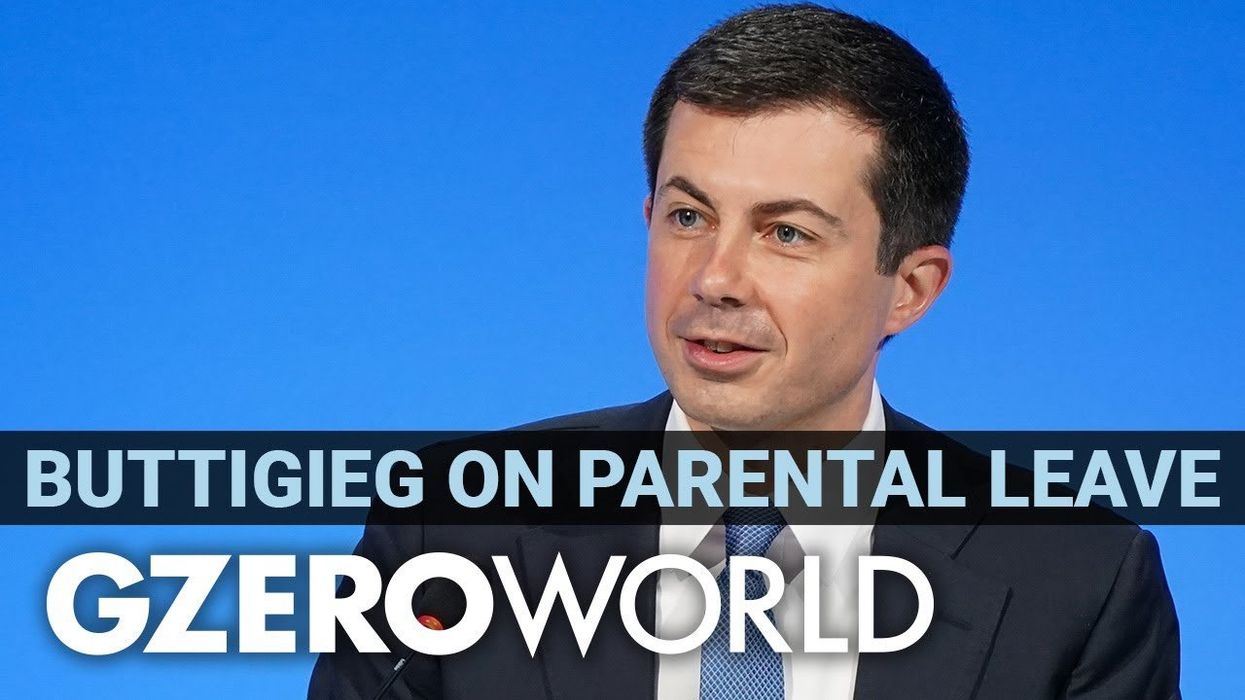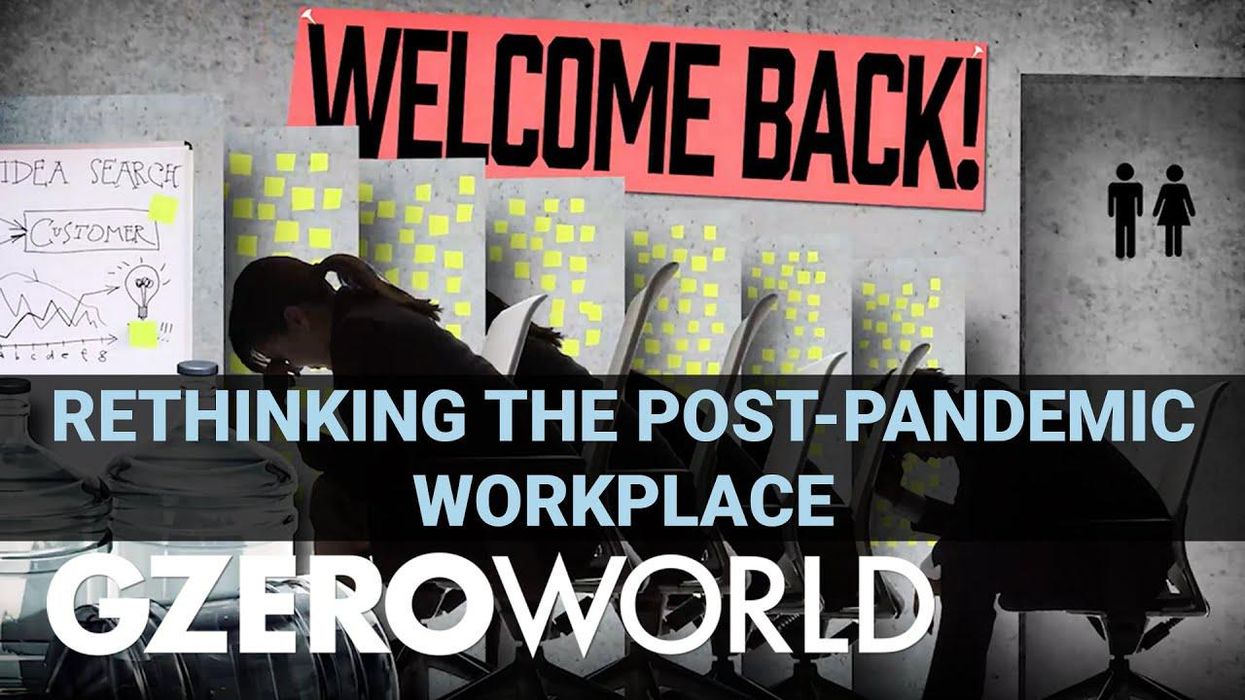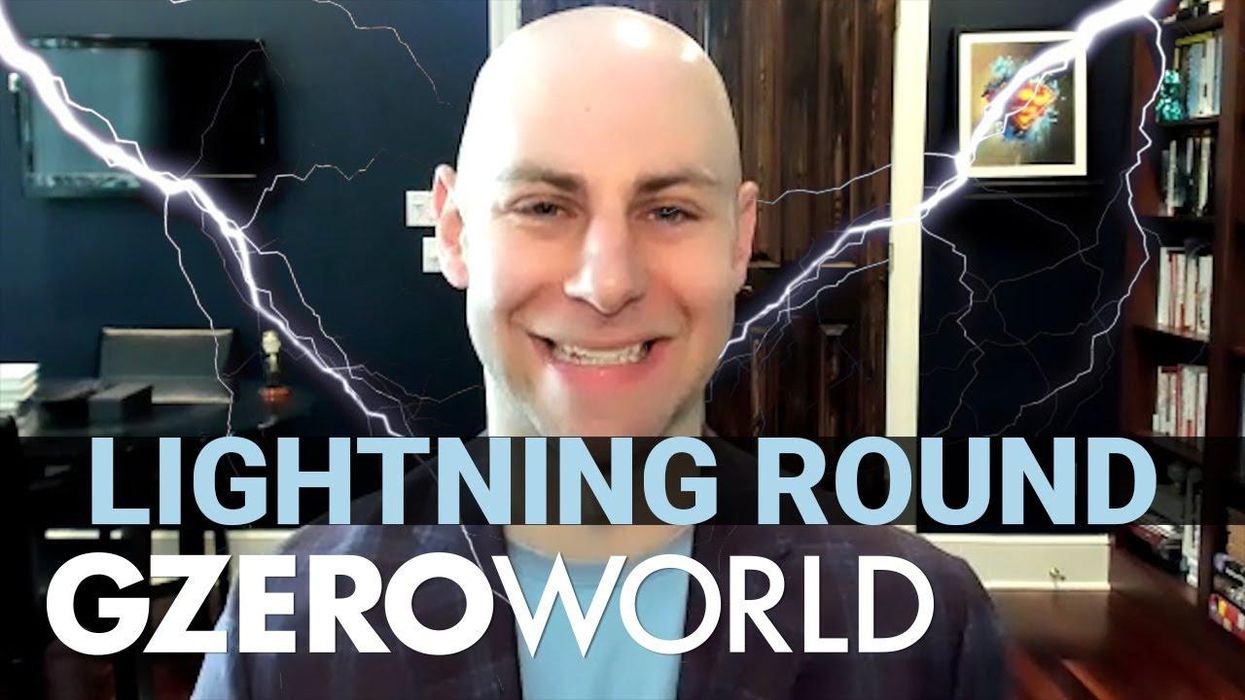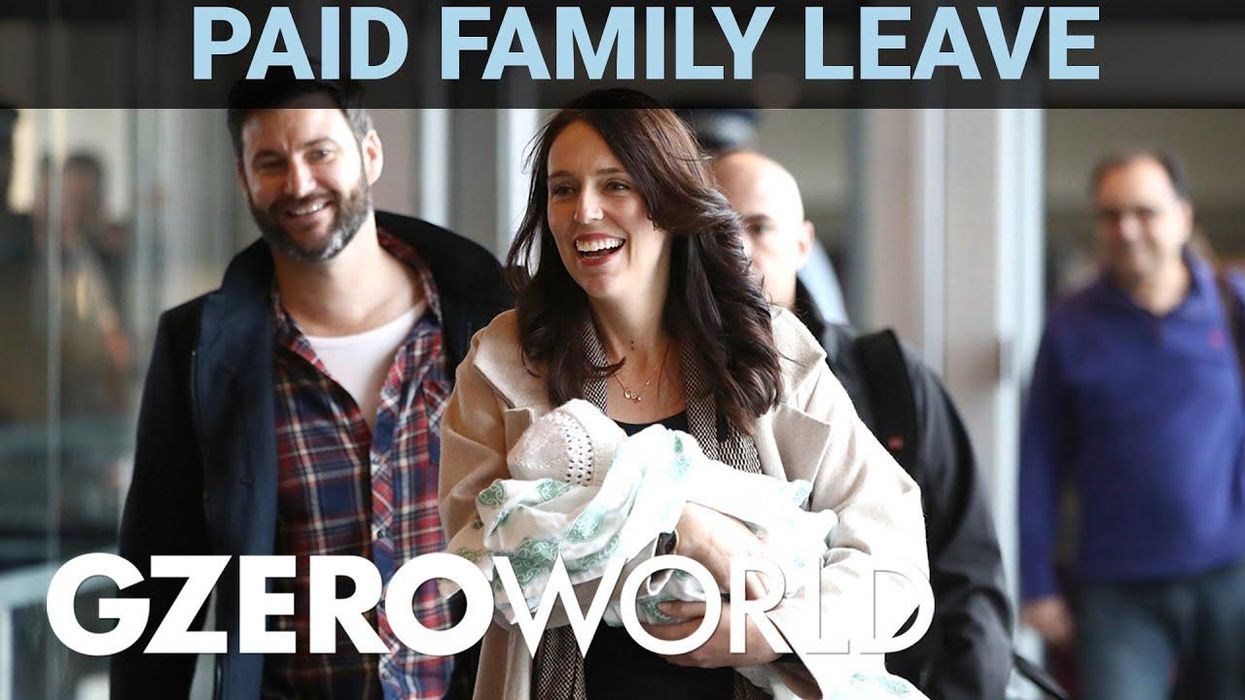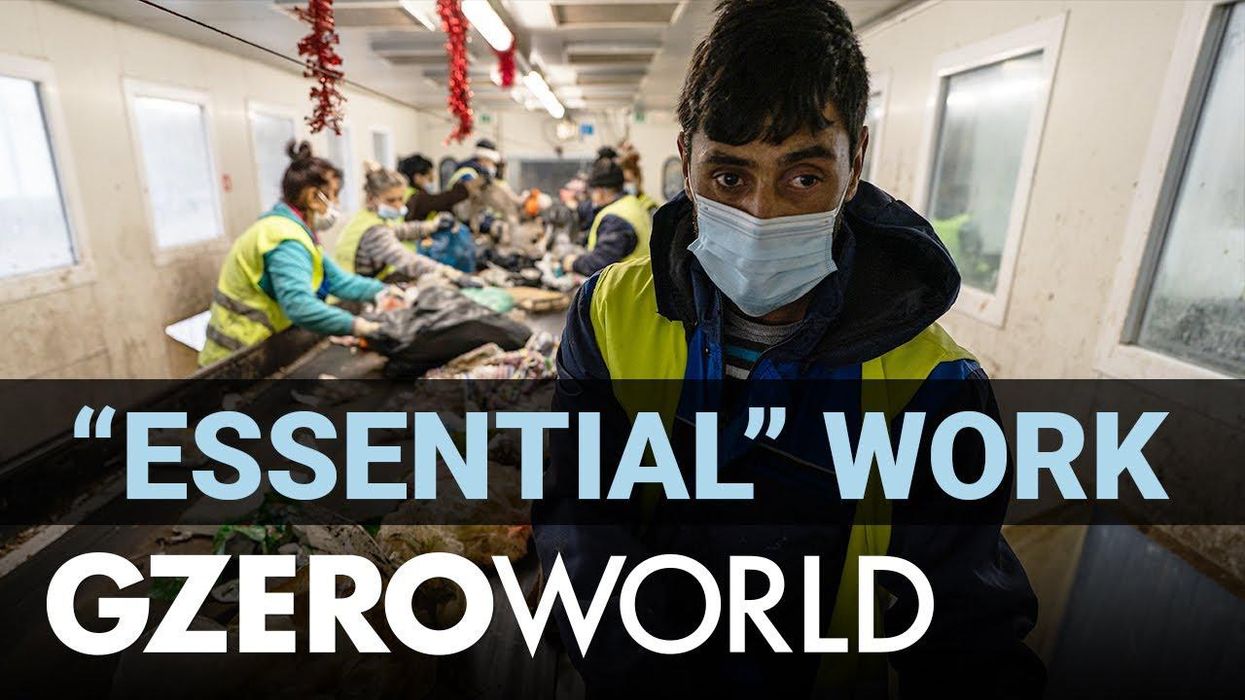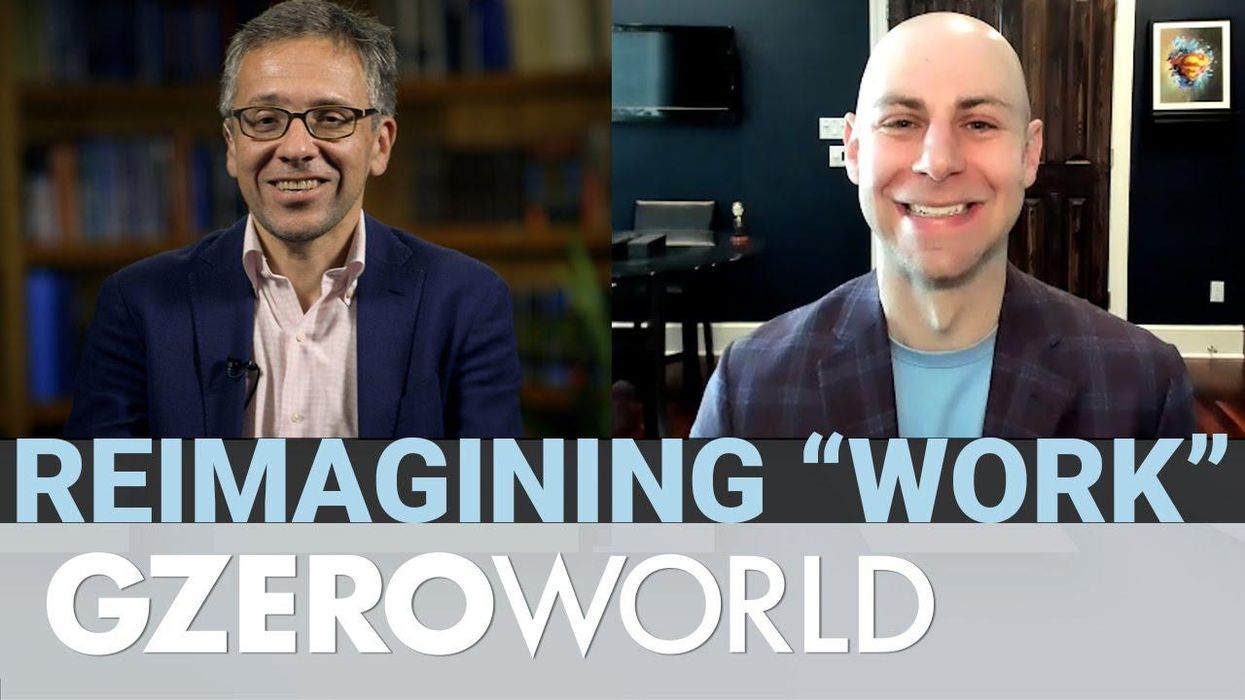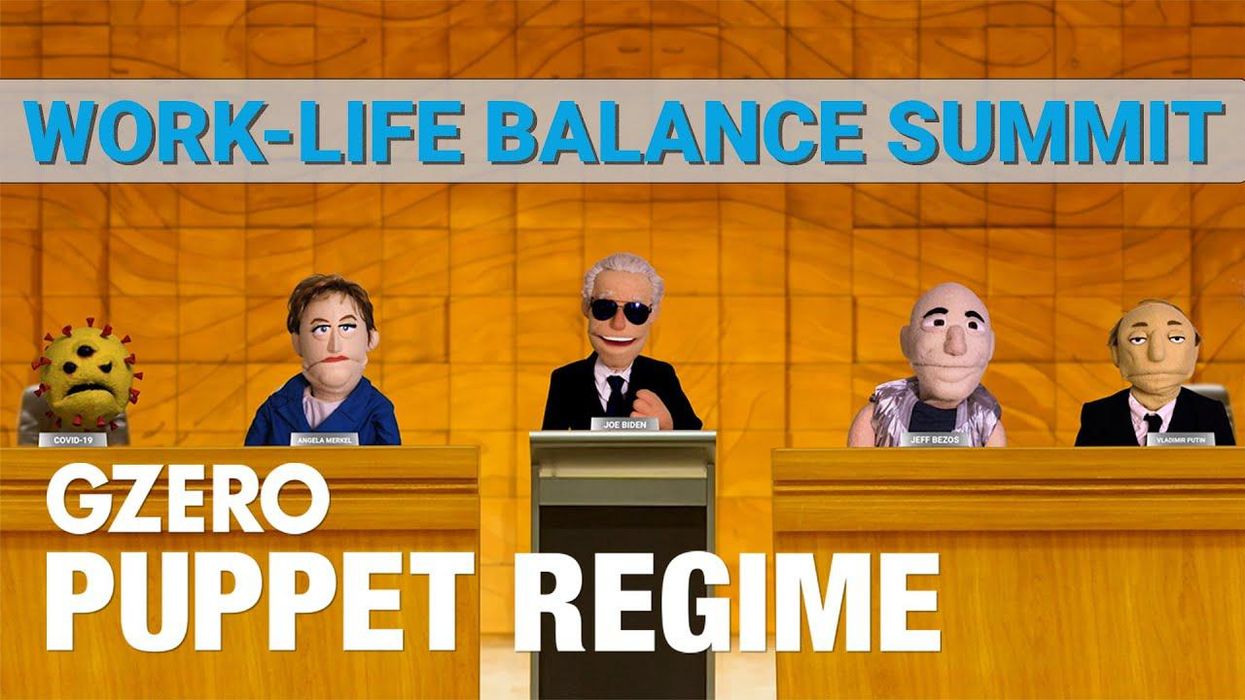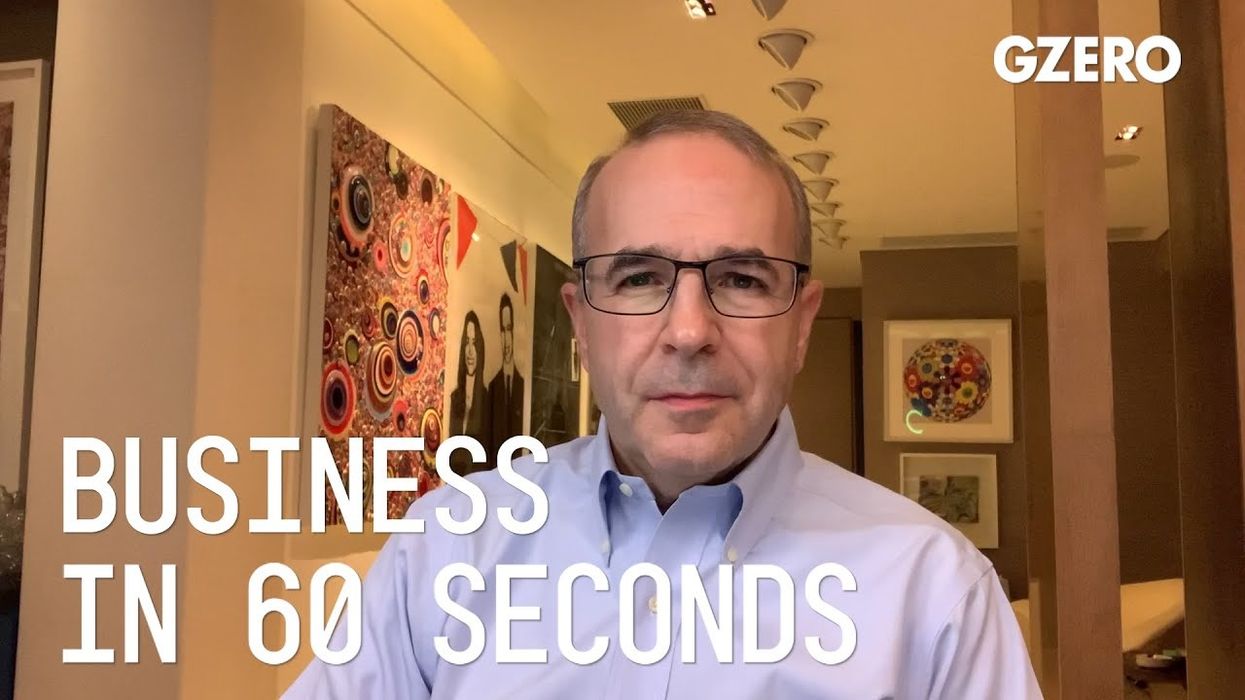GZERO World Clips
Pete Buttigieg's lessons learned about parental leave
In the fall of 2021, US Secretary of Transportation Pete Buttigieg and his husband, Chasten, became parents overnight. After adopting infant twins, Buttegieg became the first out gay parent in the US cabinet. Because of the unique circumstances, Buttigieg was also the first US cabinet secretary ever to take parental leave.
May 25, 2023
